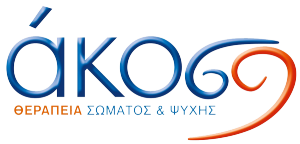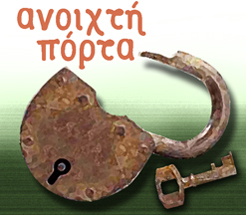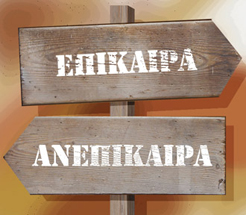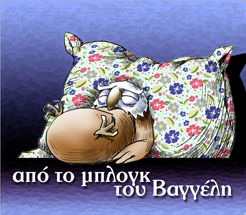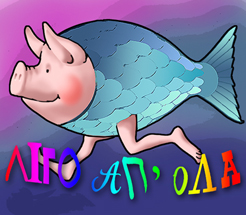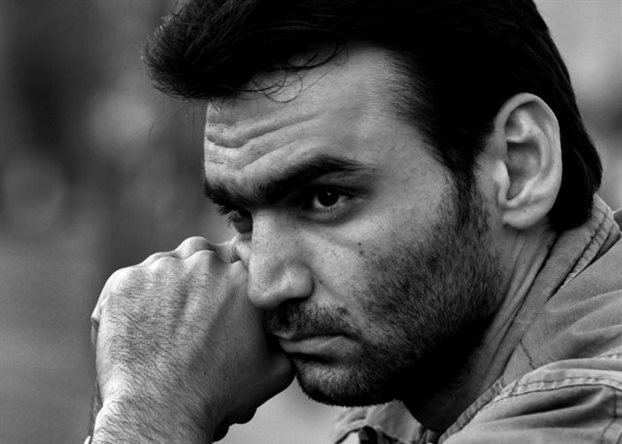

ΟΆρης Μεσσήνης είναι φωτογράφος
και επικεφαλής του φωτογραφικού τμήματος
του Γαλλικού Πρακτορείου Ειδήσεων (AFP) στην Ελλάδα.
“Το πιο σοκαριστικό πράγμα για μένα που καλύπτω επαγγελματικά αυτή την ιστορία είναι ότι συνεχώς συνειδητοποιώ ότι ενώ βρίσκομαι
σ’ένα μέρος που υπάρχει ειρήνη, στην πραγματικότητα βρίσκομαι σε εμπόλεμη ζώνη.
Έχω δουλέψει στη Συρία και στη Λιβύη. Ξέρω πώς είναι η εμπόλεμη ζώνη. Περιμένεις εκεί να δεις πράγματα σαν αυτά που συμβαίνουν εδώ.
Δεν περιμένεις όμως να δεις κάτι παρόμοιο στη Λέσβο”.
Στη φωτογραφία ο Άρης Μεσσήνης κρατά ένα μωρό και την κάμερά του, ενώ φωτογραφίζει ο Πέτρος Τσακμάκης.
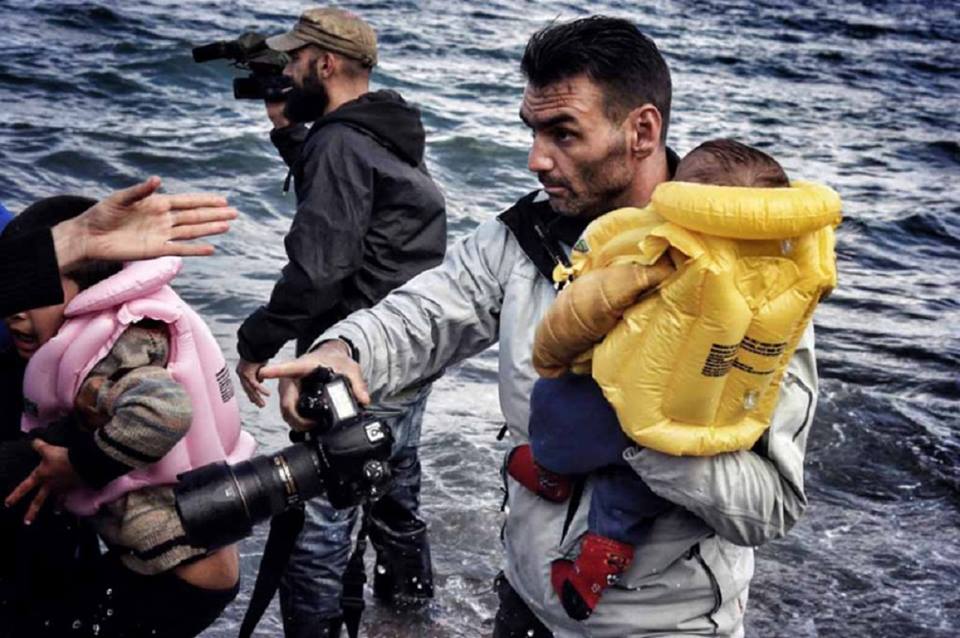
Ακολουθεί το πλήρες μήνυμα του Άρη Μεσσήνη, όπως το μετέφερε στο Παρίσι η Yana Dlugy.
Φωτογραφίες: Άρης Μεσσήνης, Λέσβος 7 Νοεμβρίου 2015
Ακολουθεί έκθεση εικόνων στο τέλος του κειμένου
“The most shocking thing for me about covering this story is that you constantly realize that you’re not in a warzone. That you’re working
in a place where there is peace. But the emotions that you’re capturing with your lens are the same.
I’ve worked in Syria and Libya. I know what a warzone looks like. You expect to see things like this there. You don’t expect to see them
on Lesbos [Greece].
The human pain is the same as in a war, but just knowing that you are not in a warzone makes it much more emotional. And much more
painful.
It’s also hard because you have to capture the difficulties of these people, and the pain of these people, but it’s not dangerous for you.
When you’re at a war, there are dangers for you, too, so somehow you’re on a more equal footing with the people you’re covering.
But here, there are no dangers for you. That’s why there are many times when I drop my camera and I help people. Because you need
to.
No one has ever told me to my face, but sometimes I feel it unsaid from colleagues, that when I drop my camera and help, I shouldn’t be
doing so, because I’m not doing my job, I might miss a shot.
I don’t think I miss anything. But even if I do miss something, I don’t care. Go ahead and judge me. I would like for there to be many
more hands here so I don’t have to stop working and help, so I can just do my job. But there aren’t. And when I see a baby in the water,
about to drown, well I just stop shooting and I pluck it out.
There are so many boats, sometimes you’re working in a boat alone. Sometimes the weather is bad, the approaches to the shore are
difficult, there are lots of rocks. You may be near the shore, but the danger is still there. Many of these people don’t know how to swim.
Especially the babies.
The babies get to me the most. Maybe it’s because I have a six-month-old daughter at home. My worst moment of this story so far was
the last big shipwreck, when I went to the port and they brought the first babies that had drowned and they were trying to bring them
back to life.
Another bad thing are the sounds. This is something that you don’t get from looking at my pictures. The complete panic. You hear people
screaming when they try to come ashore. The local residents are trying to help them. There is pain all around them. There is complete
panic. Just complete panic.
A few days ago, I carried a dead baby for hours. We scrambled to a remote, rocky beach with some colleagues. It was impossible to
reach, we had to climb over many rocks and cliffs to get there. And when we got there, we saw this baby, lying alone in the rocks. It had
been there for a few days, so it had started to smell. It was all alone in the rocks. We decided to bring it back. So we put it in a bag and
brought it up the cliff, so it could at least be buried.
Of course there are happy moments, too. When they reach the shore, many of the refugees are happy. But for me, the bad moments
overshadow the good ones. Plus I know what lies ahead for these people. I followed refugees this summer as they made their way from
Greece to northern Europe. I did the trip, I know what they will face.
There is no welcome for them in Europe. They may be happy to reach the beach, but it’s only the beginning.
This is something that we have to show to the world. This is something that will not stop. These people will keep coming, risking
everything. The weather will soon get worse and it will become much worse as the winter sets in.
Maybe if we keep showing these things, maybe something will change. I hope so.”
Aris Messinis is an AFP photographer based in Athens. This story was written with Yana Dlugy in Paris.
Photo: Aris Messinis carries his camera and a baby after refugees arrival to the shore of the Gerek island of Lesbos. Photo by Petros Tsakmakis.

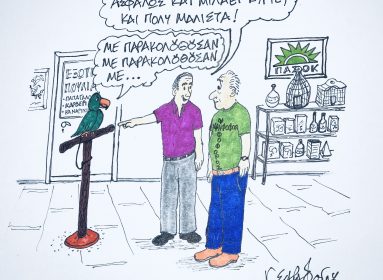
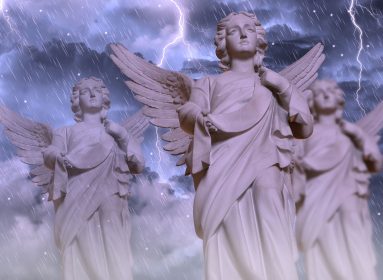
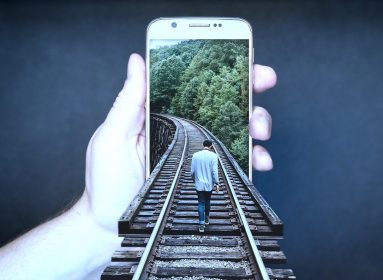
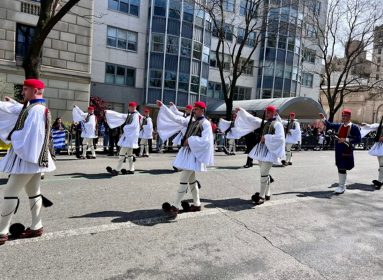
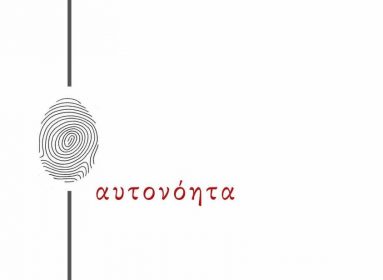
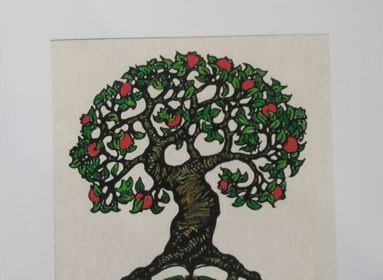
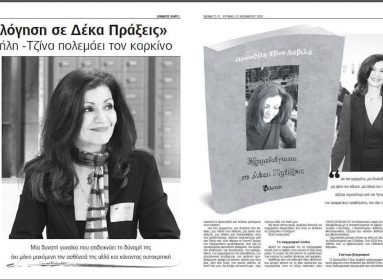
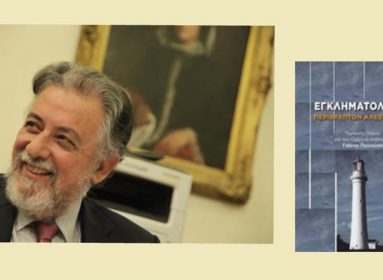
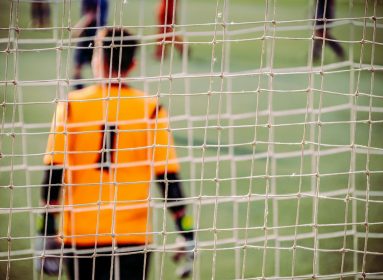
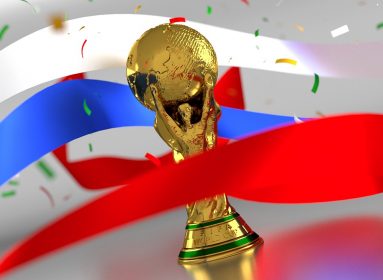




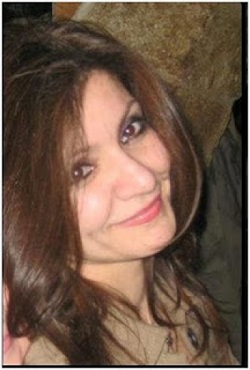


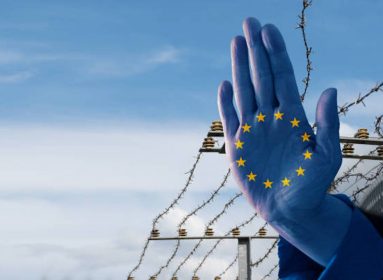
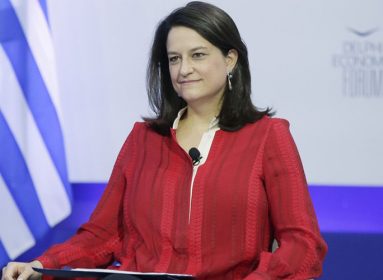
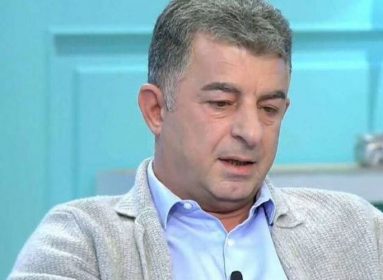
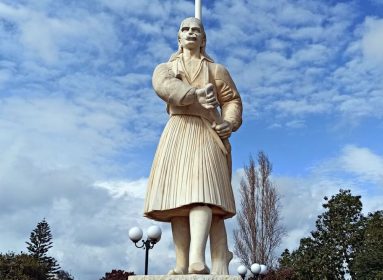
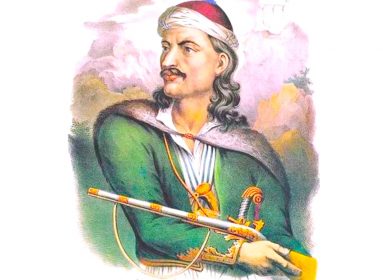
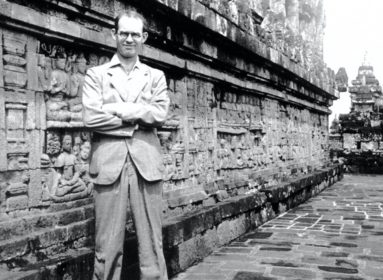
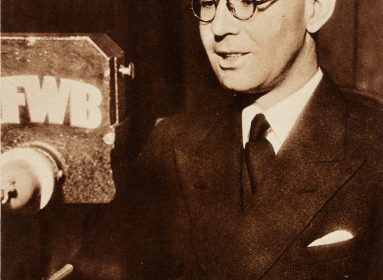
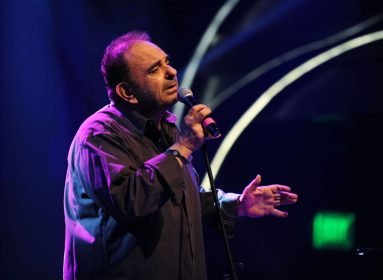
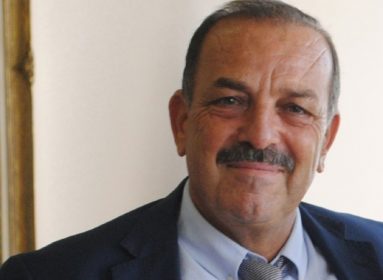
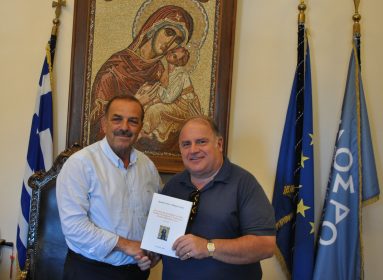
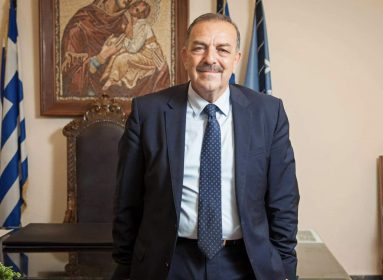
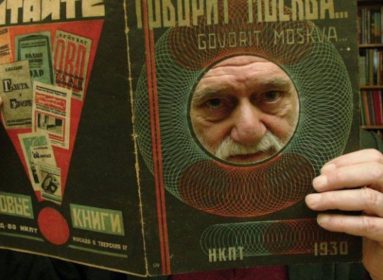
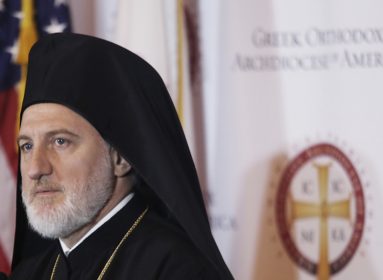
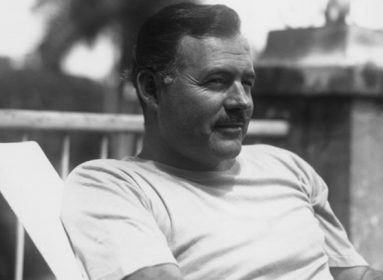
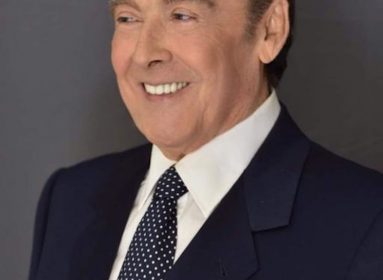
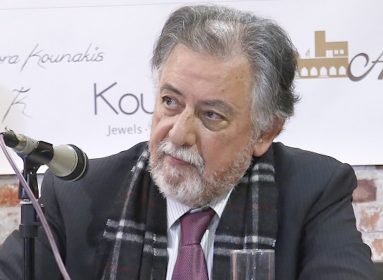
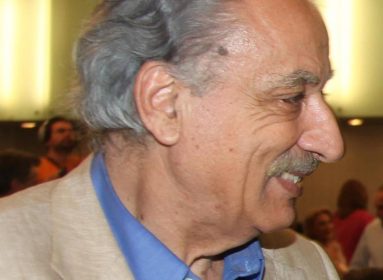
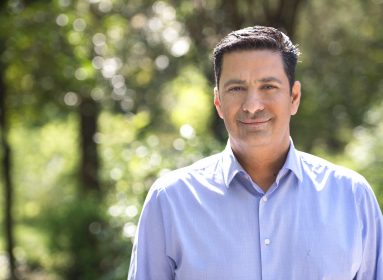
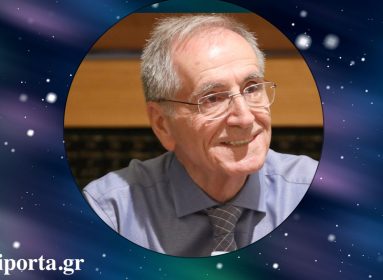
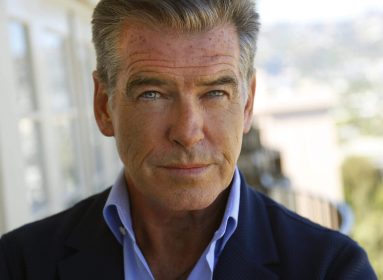
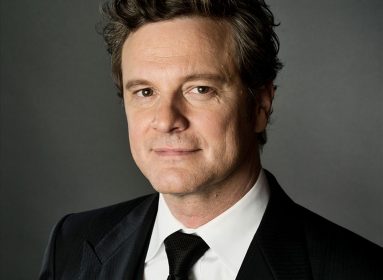


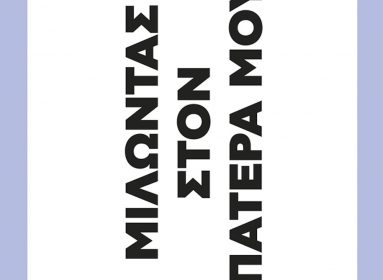
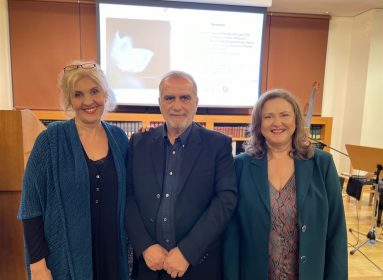
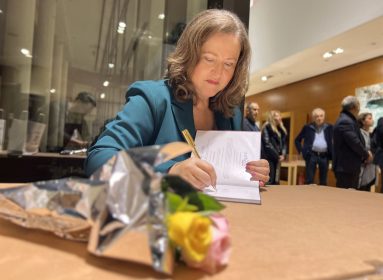
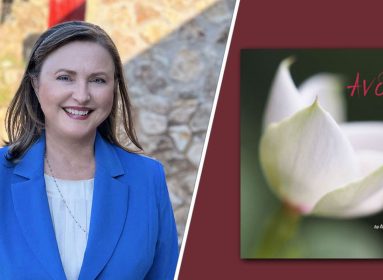
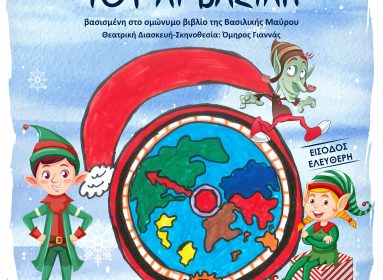
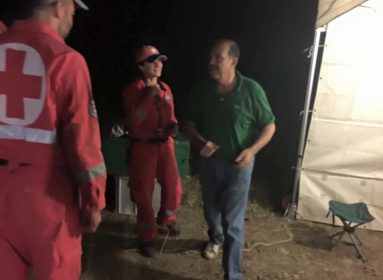
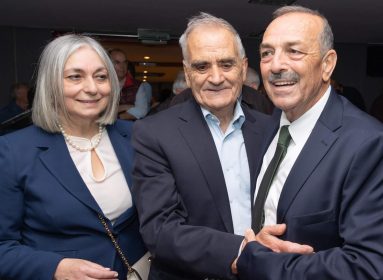





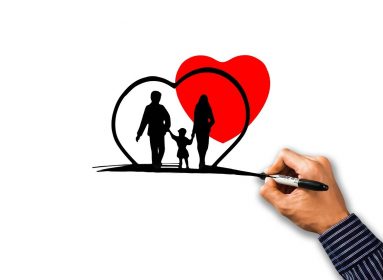

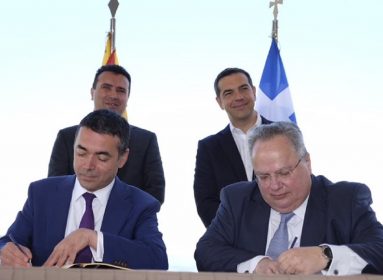
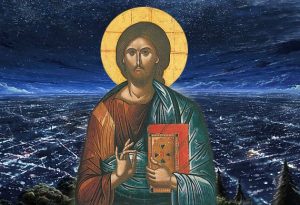

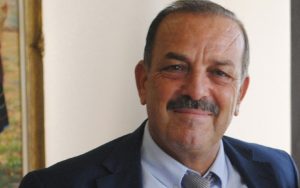
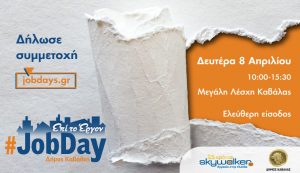
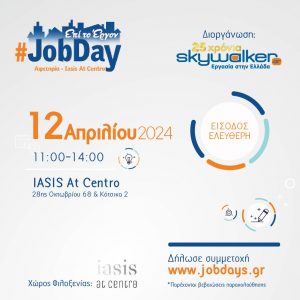
 Στηρίξτε-Ενισχύστε την iΠόρτα με τη δική σας χορηγία…
Στηρίξτε-Ενισχύστε την iΠόρτα με τη δική σας χορηγία… Το σκίτσο είναι του Βαγγέλη Παυλίδη
Το σκίτσο είναι του Βαγγέλη Παυλίδη